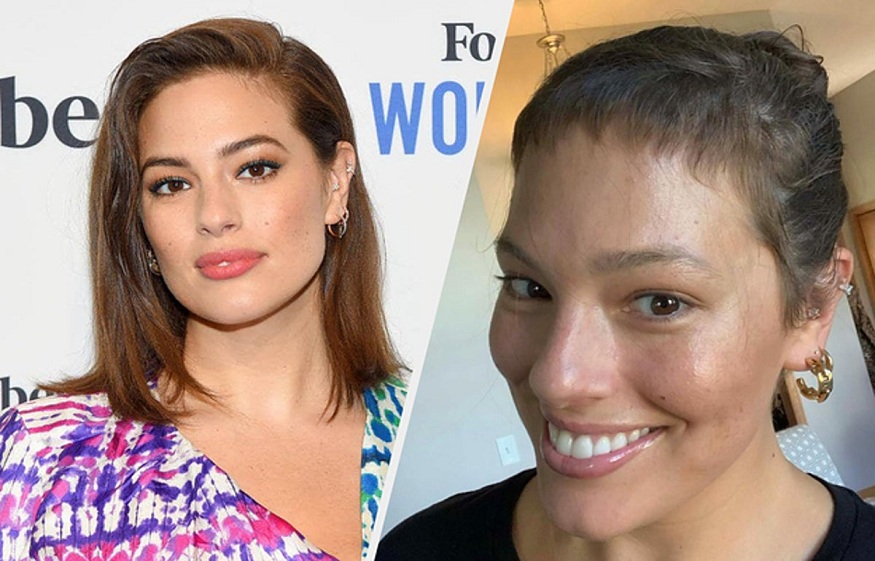Gentle Glam: Hairstyles to Nurture and Flaunt Postpartum Hair
Motherhood is an enchanting journey filled with countless joys and challenges. Among the myriad experiences new moms face, hair loss after childbirth often emerges as an unexpected concern.
Postpartum hair loss, medically termed telogen effluvium, primarily occurs due to hormonal changes during and after pregnancy. This shift disrupts the natural hair growth cycle, leading to increased shedding.
While it’s natural to shed some hair daily, postpartum hair loss typically starts around three months after childbirth and can be more pronounced. Recognizing it early helps in addressing it effectively.
Your hair goes through growth, rest, and shedding phases. Postpartum hair loss is primarily a result of more hairs entering the shedding phase. But worry not; it’s typically a temporary phase.
Factors That Can Intensify Hair Loss
For many new mothers, experiencing hair loss post-childbirth can be an unnerving experience. While it’s a natural outcome due to hormonal changes, certain factors can amplify the extent of this shedding. By understanding, addressing, and consulting hair transplant Turkey best surgeon, you can mitigate their impact. Here’s a closer look:
Stress:
Chronic stress can push more hair follicles into the shedding phase, known as telogen effluvium. The responsibilities of a new baby, sleep deprivation, and lifestyle changes can escalate stress levels, affecting hair health. Incorporating relaxation techniques such as meditation, deep breathing exercises, or even a short daily walk can help alleviate stress.
Nutritional Deficiencies:
Hair requires nutrients like iron, zinc, protein, and vitamins (especially Biotin and vitamin D) for optimal growth. After childbirth, a mother’s body prioritizes essential nutrients for milk production, which might lead to hair deficiencies. Incorporating nutrient-rich foods, such as leafy greens, beans, seeds, and fish, can promote hair health.
Hormonal Imbalances:
Conditions like postpartum thyroiditis can disrupt hair growth. An underactive or overactive thyroid can lead to hair loss. Regular check-ups and blood tests can help in early detection and treatment.
Physical Trauma and Surgery:
Childbirth, especially if it involves surgeries like a C-section, can be a form of physical trauma that might intensify hair shedding. Giving your body ample time to heal and seeking proper post-operative care can help reduce associated hair loss.
Harsh Hair Treatments:
Overuse of chemical treatments, dyes, or heat styling tools can weaken hair and contribute to breakage. Opt for natural treatments and minimize the use of heat tools to preserve hair strength.
Certain Medications:
Some medications, especially those for high blood pressure or depression, list hair loss as a side effect. Discuss potential side effects with your doctor and inquire if alternative medications are available.
Excessive Hair Styling:
Styles that pull tightly on the hair, like ponytails or braids, can cause traction alopecia, a form of hair loss. Choose loose hairstyles and avoid styles that stress your hair roots excessively.
Hairstyles to Reduce Hair Stress
Having fabulous hair doesn’t mean you need to compromise its health. After childbirth, when hair might feel more fragile, it’s crucial to adopt chic hairstyles that ensure minimal stress and breakage. Here’s a guide to some gentle and stylish hairstyles that will give your hair the tender love and care it needs during this delicate phase:
- Loose Waves and Curls:
- Low Ponytail:
- Messy Bun:
- Braided Crown:
- Half-Up, Half-Down:
- Twisted Chignon:
- Pinned Back Front:
- Loose Side Braid:
- Natural Texture Embrace:
- Silk Headbands and Accessories:
It’s essential to rotate hairstyles frequently to avoid putting repeated stress on the same hair sections. Additionally, always ensure your hair is detangled gently, using wide-tooth combs, before styling. With these hairdos, you can feel confident, flaunt your style, and, most importantly, give your hair the gentle care it deserves post-childbirth.
Maintaining hair health throughout your motherhood journey can reduce the chances of hair loss in future pregnancies. You can always consider more invasive treatments to treat hair loss permanently, and look for the best clinic for hair transplant in Turkey; as Turkey is a rising star in the hair transplant field.
While postpartum hair loss can be daunting, with the right information and care, you can navigate this phase gracefully and confidently. Embrace the journey of motherhood, with all its ups and downs, and celebrate every moment with poise.


Leave a Reply